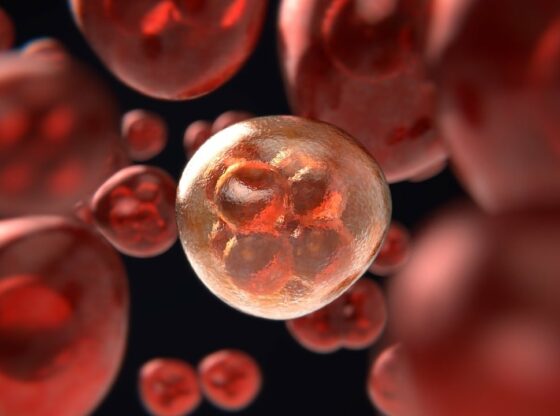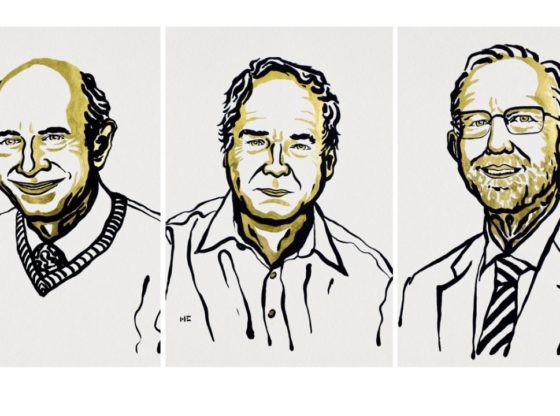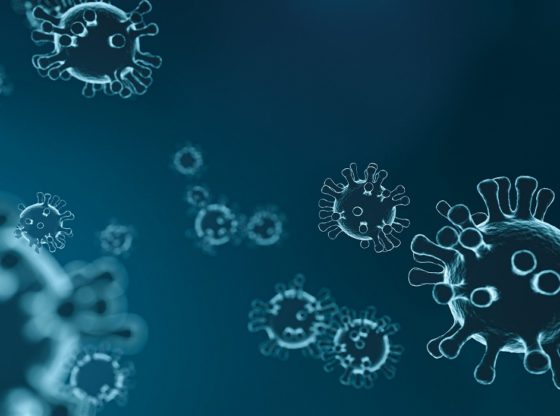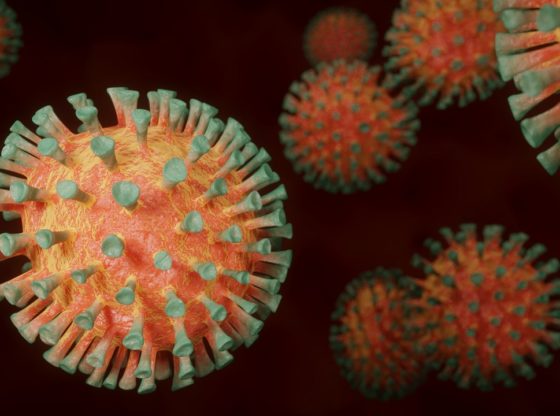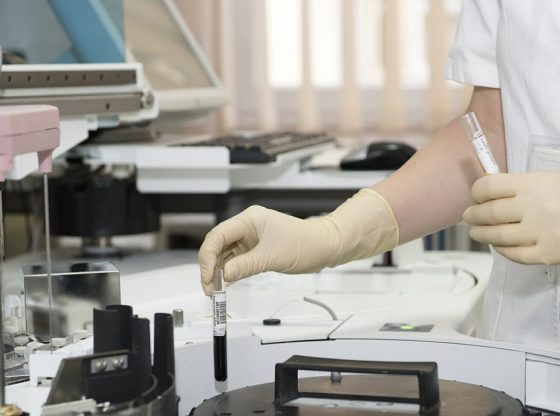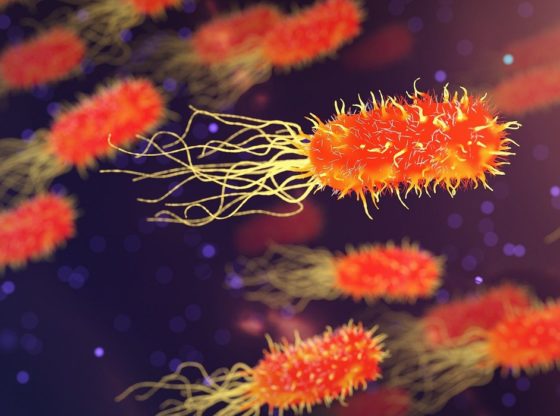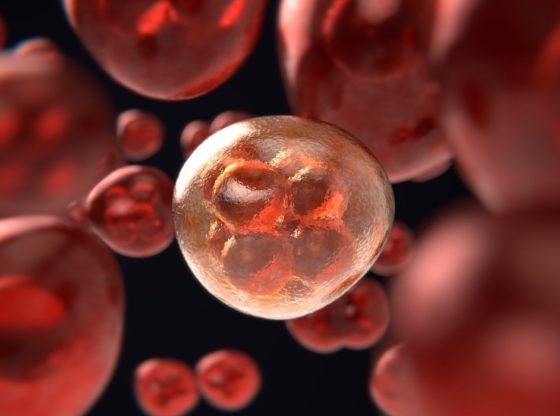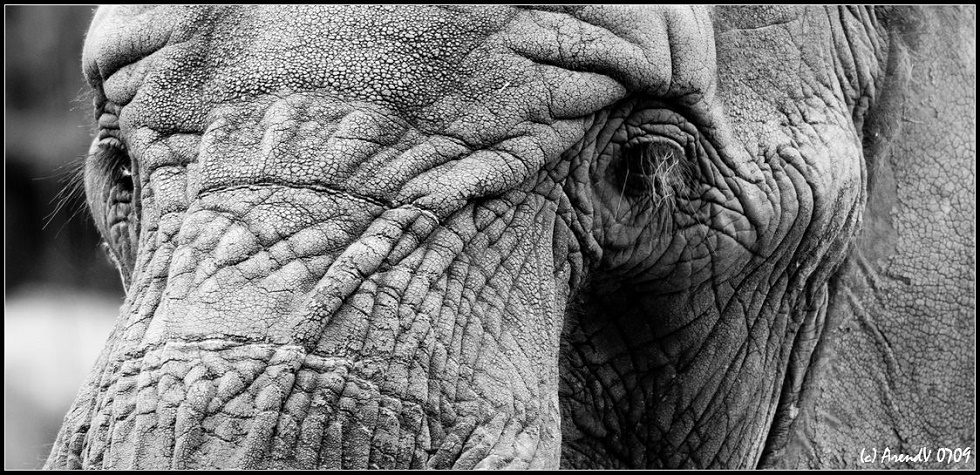
Elephants rarely get cancer due to extra copies of a specific gene, according to a new American study.
Large Should Equal Higher Risk
This discovery gives us new insights into how evolution has managed to overcome cancer. It contributes to our general understanding of cancer and how it can potentially be treated.
Being so large, elephants should by all logic be at a higher risk of developing cancer compared to humans. They have nearly 100 times more cells than humans.
Given how many cells they have, each cell division to copy its genetic code constitutes an immense number of the occasion where DNA could become damaged and cause the cells to turn cancerous.
Important Cancer Protection
The research team discovered that elephants have multiple copies of a gene known for encoding a tumor-protective protein. The elephant has 38 different copies of this gene, whereas humans only have two.
The gene encodes the p53 protein which has long been known for its anti-cancer effects. People with li-fraumeni syndrome only have one copy of the gene encoding the p53 protein and they are at a 90 percent higher risk to get cancer sometime during their lifetime.
Cells Die Instead of Turning Cancerous
To investigate if the extra copies of p53 actually protect the elephants. The research team took blood samples from elephants at a zoo and then exposed the cells to radiation. The same was done with healthy individuals and from individuals with li-fraumeni syndrome.
The team then noticed that the elephant cells rather died than turned cancerous when damaged by the radiation. The human cells did not. Making it appear as if the elephant’s cells had an inherent mechanism that sorts out defective cells.
In fact, twice the number of cells from the elephant’s died as a result of being damaged by the radiation, compared to human healthy cells. And five times the number of cells compared to those with li-fraumeni syndrome.
What Can We Learn from Elephants?
The researchers have now cracked the conundrum to who elephants have such a good protection from cancer and they now hope to use this knowledge for further research to how it can potentially be used in cancer treatment and prevention in humans.
Nature has already figured out how to prevent cancer. It is up to us to find out how different animals tackle the problem so that we can adapt these strategies to prevent cancer in humans, writes Joshua Schiffman.
The study Potential Mechanisms for Cancer Resistance in Elephants and Comparative Cellular Response to DNA Damage in Humans has been published in JAMA.
_______________
University of Utah: Why elephants rarely get cancer
Potential Mechanisms for Cancer Resistance in Elephants and Comparative Cellular Response to DNA Damage in Humans
______________________________

